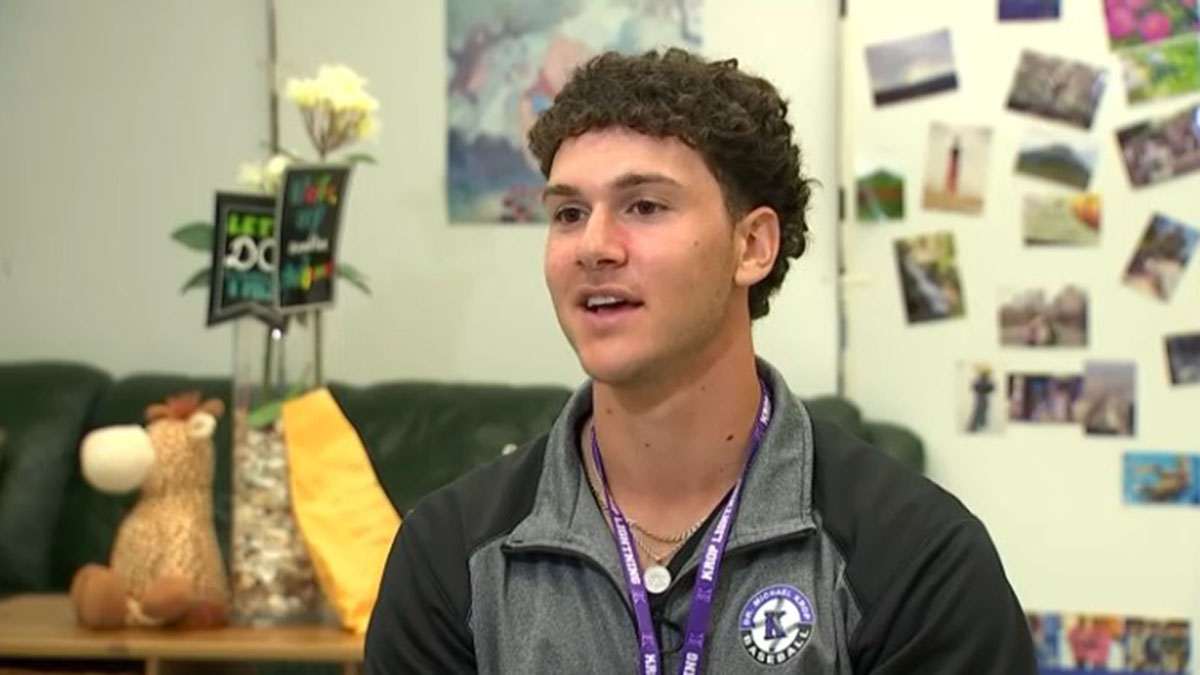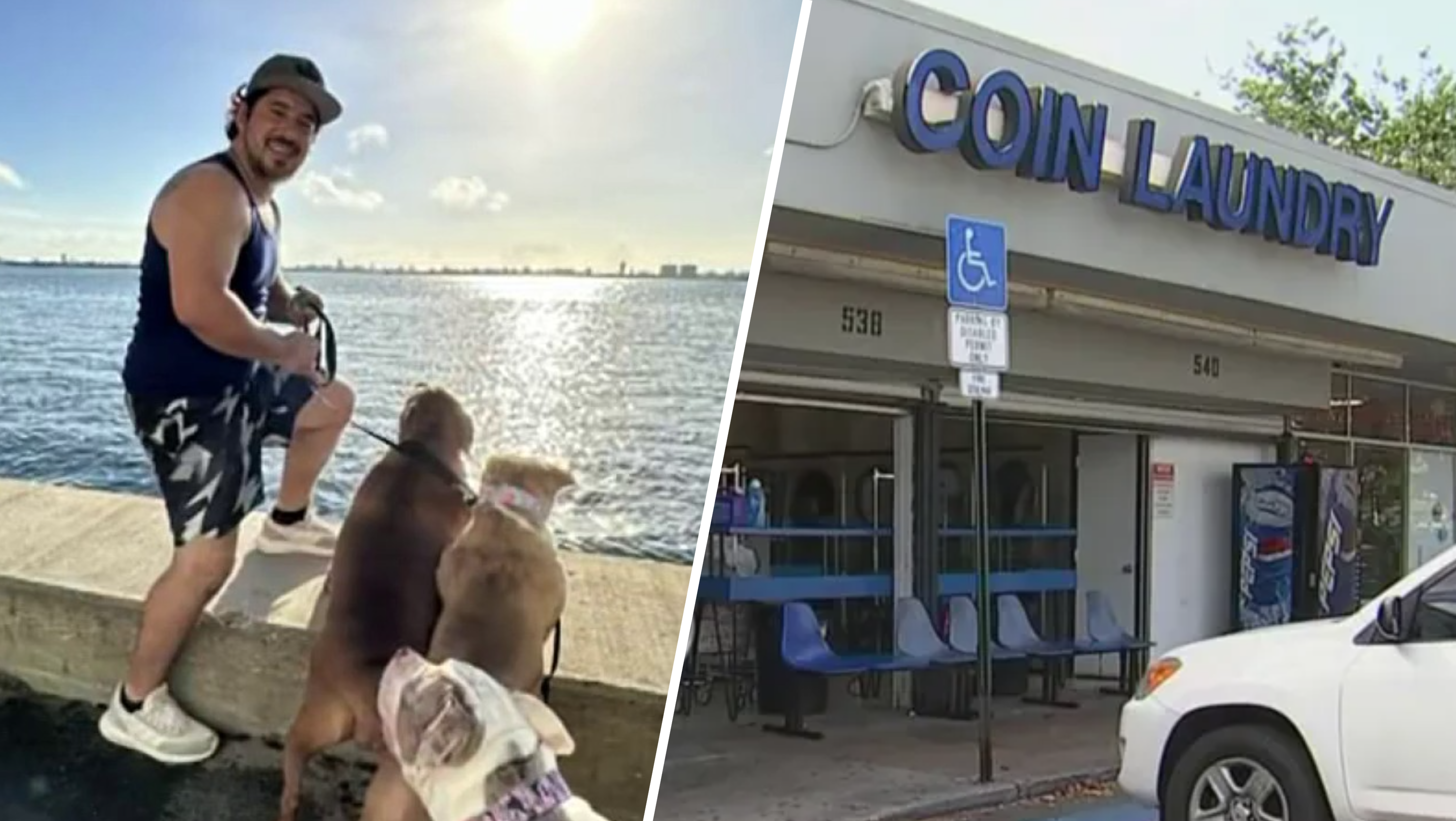Leah Montez was stunned when she saw more than $1680 transferred from her checking account to someone she doesn't even know. She said she called Chase's fraud department to alert the bank of the transaction and was given a temporary credit pending an investigation.
But last month, she said Chase reversed the charge. Montez said Chase told her the transaction in question was sent from the same IP address she normally uses, so it must have come from her computer. Therefore, they would not refund the money.
"We've banked with you all for over 20 years. We have our mortgage and I just felt really upset that you didn't believe me," she said. Justin said nearly $5000 was transferred from his account to a complete stranger.
"I immediately call the bank and I'm like no, no, no this is fraud, fraud, fraud," he said. But just like Montez, he said Chase said the transfer came from his IP address, so his fraud claim was denied.
Tech expert Randy Haba at DKB Innovative said it's happening to people across the country. Hackers have found ways to remotely access a consumers' account from a customers' IP address and send money to themselves in a matter of minutes.
"Any kind of convenient payment platform where you don't have to give a credit card and you can just provide a login, those are all entry points of risks for your personal life," he said. "It's a tough position to be in because the bank has all the evidence on their side, whereas you have to prove that you were in fact taken advantage of."
Both consumers refused to let Chase have the last word. They contacted NBC Responds and we reached out to Chase about their money.
Local
Chase would not say how many fraud cases related to Zelle it's received in the last year but said, "We identify and prevent the majority of attempted fraud. We're also always working to educate customers to make sure that they're protecting themselves.
After another investigation, Montez and Justin were informed that they would get their money back and that it was fraud after all. "I felt vindicated but I felt like if I hadn't called NBC, would I have ever gotten my money back," Montez wondered.
The company behind Zelle, Early Warning, tells us it constantly monitors fraud levels across the Zelle network and works closely with banks to investigate fraud cases.
To protect yourself from fraud, here's what Chase said you should watch out for:
We encourage customers not to share account information. Never leave checks unattended, give your PIN number out, or write your PIN number on the back of your debit card, and don't reply to an email, phone call or text message that does these things:
• Requires you to give your personal or account information either directly in the email or on a website the email sends you to. Some attackers, for example, use pop-up windows on web pages to ask for your confidential information.
• Threatens to close or suspend your account if you don't take immediate action
• Invites you to answer a survey that asks you to enter personal or account information
• Tells you your account has been compromised, then asks you to give or confirm your personal or account information
• Tells you there are unauthorized charges on your account, then asks you to give your personal or account information
• Asks you to confirm, verify or update your account, credit card or billing information



